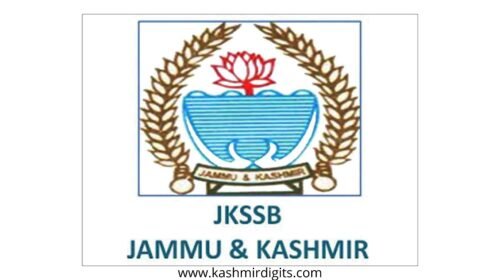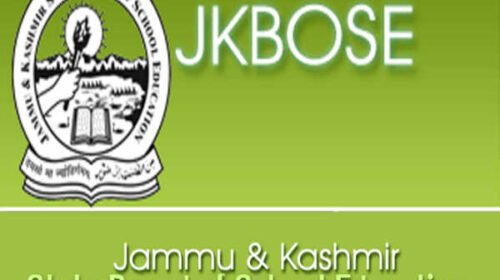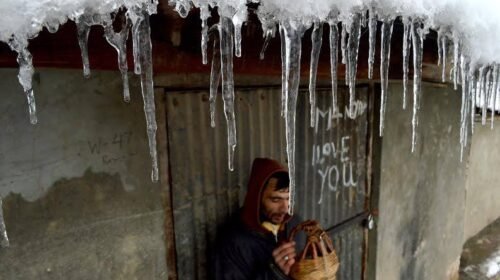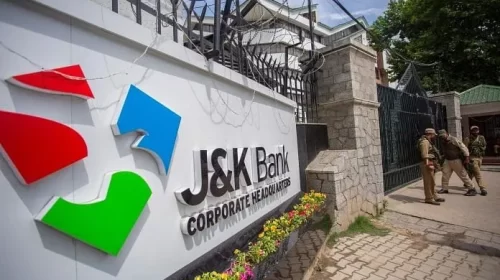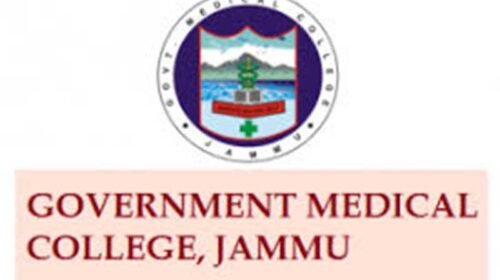Mohammad Subhan Hajam, a name that shook the very foundations of the biggest social evil in Kashmir, wiping out the practice of prostitution. He fought a lonely battle but emerged victorious at the end.
During the rule of Dogras, prostitution was rife in Kashmir. So much so that it was licensed and there was a prostitution tax imposed on those who used to operate brothels. As such the rulers used to benefit from it and allowed it to flourish. In the midst of this, a barber in the Maisuma area of Srinagar rose and fought to end this malpractice.
PROSTITUTION IN KASHMIR:

The Dogras had made the life of people miserable, heavy taxes were imposed on almost everything and everyone. It was said only air was exempt from taxes under the Dogra regime. Under such circumstances the prostitution centres or brothels were also legalized. A significant portion of their income going towards the rulers under the Prostituiton Tax.
One could obtain a license for a cost of around 100 rupees. Since a large number of people were struggling to meet ends they were forced into this evil on the pretext of food, clothing and providing an income.
However it resulted in many girls being either sold in different brothels across various states or being set up for prostitution in Kashmir. The term prostitute wasn’t fancied and they were more associated with ‘singing’ and ‘dancing’. The girls involved in this were given the name ‘Hafiza‘. The areas of Maisuma, Gawkadal and Tshawan were the hot spots for this activity.
Even though there were voices of dissent against this ill practice the rulers backed the flesh trade because it filled their coffers.
HARI SINGH, MOHAMMAD HAJAM AND FIRST WINDS OF CHANGE:

Hari Singh ascended the throne in 1925. Historians regard him as a more open minded ruler than his predecessors. He pushed for some tax reforms and made education compulsory for the masses. However, he didn’t do anything to abolish prostitution.
In the early years of his reign there was great political awareness among the certain sections of society but none of them contributed towards social upliftment of Kashmiris.
Renaissance came from the streets of Maisuma. Mohammad Subhan Hajam, a barber by profession, came forward and began mobilizing people. He began writing against the prostitution centres and also criticised the role of the regime in supporting these brothels. He would distribute pamphlets among people educating them about the immoral practice and making them socially aware.
Slowly his initiative gained momentum and he drew the support of the people.
OPPOSITION AND FURTHER STRUGGLE:
Subhan Hajam continued to make people conscious of what was happening under the garb of ‘singing and dancing’ and soon the news of his budding movement reached the brothel owners. What followed was a series of physical attacks and dragging of Subhan’s name through the mud.
Many influential people with vested interests lodged false cases against him in courts. Many goons of these men attacked him on several occasions. But this did not deter the strong willed Hajam.
He garnered support from various sectors but the most influential among them was Sir Tyndale Biscoe. Biscoe used to frequent Hajam’s shop and when Hajam discussed the issue with him, he found a strong ally. Tyndale Biscoe, along with his wife Lady Biscoe began organising student led protests across Srinagar. Now various sections of society, a few good men, one may say, were united in putting a stop to prostitution.
Subhan Hajam would meet with religious figures and seek their support, to pressurize the Maharaja. He also wrote poems blaming the regime for their role in this immoral practice.
SUPPORT AND FINAL RESOLUTION:
Hajam rallied many of the elites of Kashmiri society. These included religious patrons, teachers and support was garnered from other communities as well. Sikhs and Pandits signed petitions offering support to this movement. Muslim Conference interfered and wrote letters to Maharaja asking him to end this corrupt institution.
Molvi Mohammad Abdullah Vakil, on behalf of Subhan Hajam, raised the issue in the Praja Sabha in 1934 .He proposed a law for the closure of prostitution centres in the valley.
In many parts of Srinagar intense protests were being held. The matter soon went international. During a session in League of Nations, the British Empire was accused of being hand-in-glove with the Maharaja.
This forced the Viceroy of India to look into this and questions were asked of the Maharaja. The ruler of Kashmir was accused of supporting and protecting the brothels in Kashmir. This was a massive step and the days of prostitution in Kashmir were numbered.
The public and political pressure led to the State Assembly passing “The Suppression of Immoral Trafficking Act” in 1934. This led to the closure of brothels and a large number of girls from various parts of Lahore, Calcutta, Delhi and Peshawar were brought back to their homeland. The vile practice of prostitution was over.
LEGACY:

Following this a ban was issued on sale and purchase of women in the state. All the ‘red light’ areas of the state were closed. It brought an end to the flesh trade. The battle was won. The women of the valley could now lead a respectable life. The land of saints was restored to its former dignity.
All that was accomplished by a barber with a conscience who challenged the oppressive regime. Mohammad Subhan Hajam, taught us that we should stand up against evil, even if we are standing alone. His name forever etched in history as the man who ended prostitution in Kashmir.


